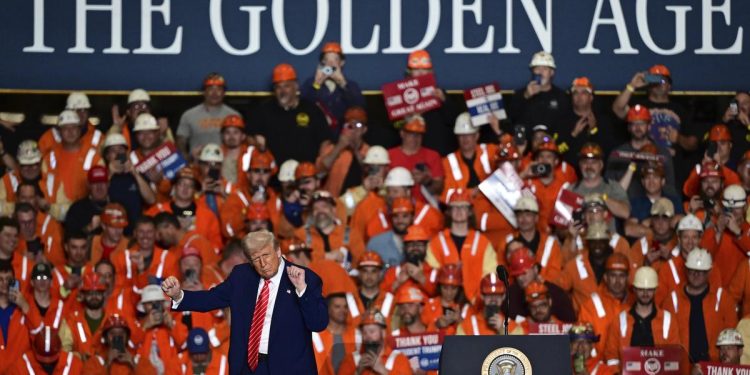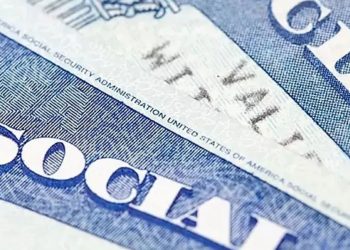President Donald Trump announced Friday (May 31, 2025) that his administration will double tariffs on imported steel and aluminum to 50% starting June 4, a move aimed at bolstering the U.S. steel industry and protecting domestic jobs. Speaking at U.S. Steel’s Mon Valley Works–Irvin Plant near Pittsburgh, Trump said the increased tariffs would “secure the steel industry in the U.S.” but also acknowledged that they could raise prices on goods like cars and housing.
Later on his Truth Social platform, Trump confirmed the 50% tariff would apply to both steel and aluminum imports.
The announcement comes alongside a controversial but evolving deal that would see Japan’s Nippon Steel invest heavily in U.S. Steel. Trump, who previously vowed to block foreign ownership of the iconic American company, now supports what he called a “blockbuster agreement” that would keep U.S. Steel under American control.
“You’re going to stay an American company, you know that, right?” Trump told the crowd.
Though the exact structure of the deal remains unclear, lawmakers briefed on it say Nippon will invest a total of $14 billion—in addition to its $14.9 billion acquisition bid—into facilities across several states, including Pennsylvania, Indiana, Alabama, Arkansas, and Minnesota. The deal reportedly includes governance safeguards, such as U.S. board control and a government-held “golden share” giving veto power over critical decisions.
Steel prices have already jumped 16% since Trump took office in January, with U.S. steel reaching $984 per metric ton, compared to $690 in Europe and $392 in China, according to the U.S. Commerce Department. The U.S. produces three times more steel than it imports, with major imports coming from Canada, Brazil, Mexico, and South Korea.
While Trump framed the deal as a victory for American workers, union reactions are mixed. United Steelworkers President David McCall raised concerns about national security and job stability. However, local leaders like Jason Zugai, vice president of the Irvin Plant’s union chapter, voiced support for the Nippon investment.
“It’s putting money back into the plant to help rebuild it,” said Clifford Hammonds, a line worker at the plant. “This place is old… We need some type of investment to fix the machines.”
Trump’s embrace of the Nippon deal—after previously opposing foreign control of U.S. Steel—underscores the political and economic balancing act ahead of 2026 midterms. He concluded Friday’s speech with a familiar message to industrial workers:
“We’re going to produce our own metal, unleash our own energy, secure our own future, build our country, control our destiny.”
The decision is expected to affect global steel flows. Analysts warn that countries shut out by U.S. tariffs may redirect exports to markets like India, intensifying competition there.









